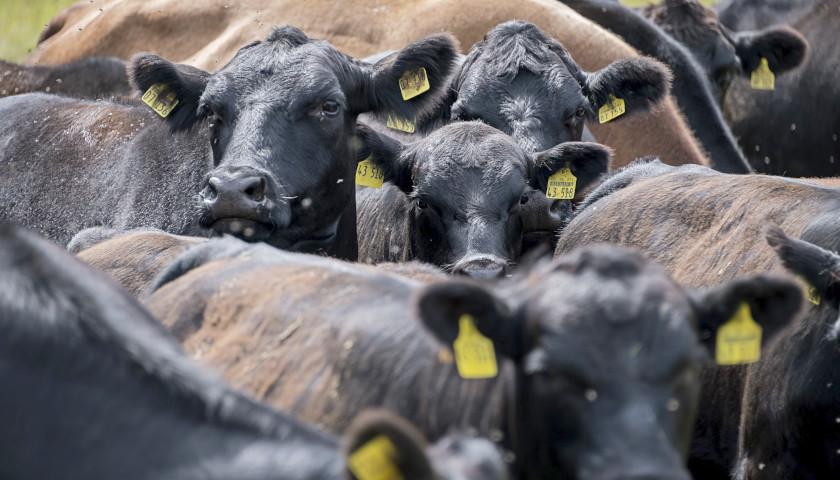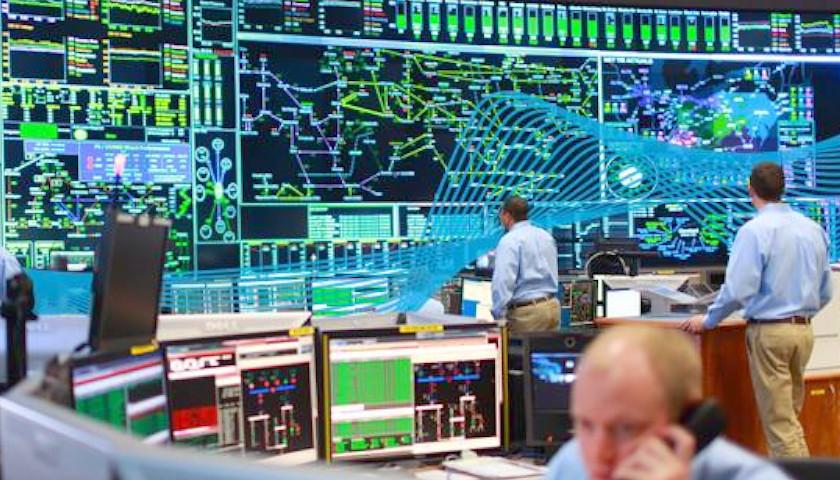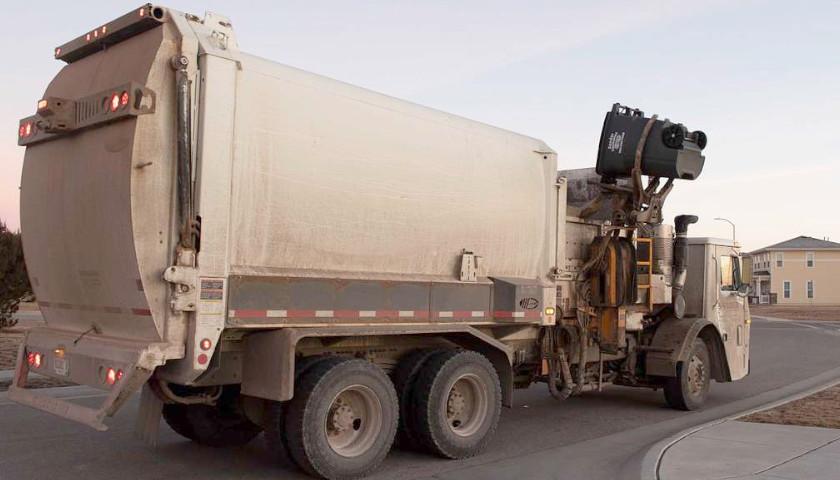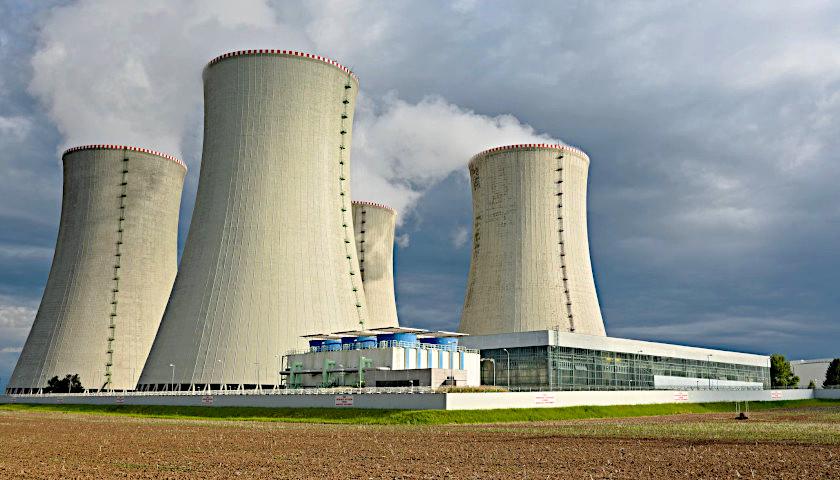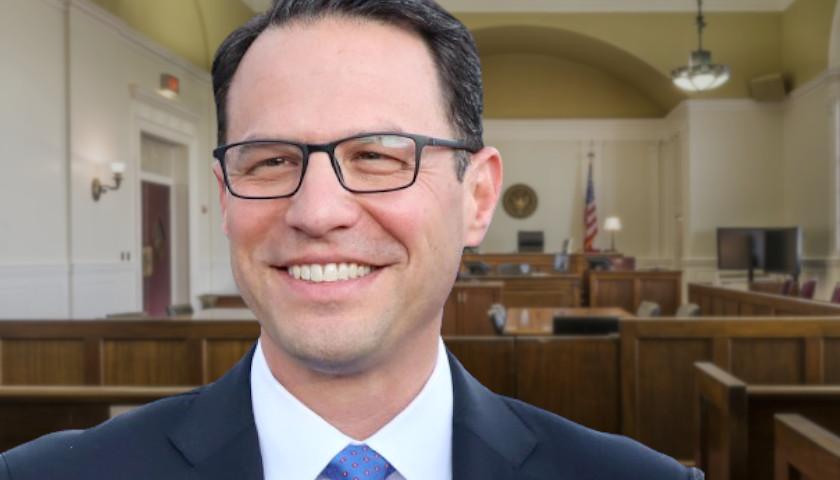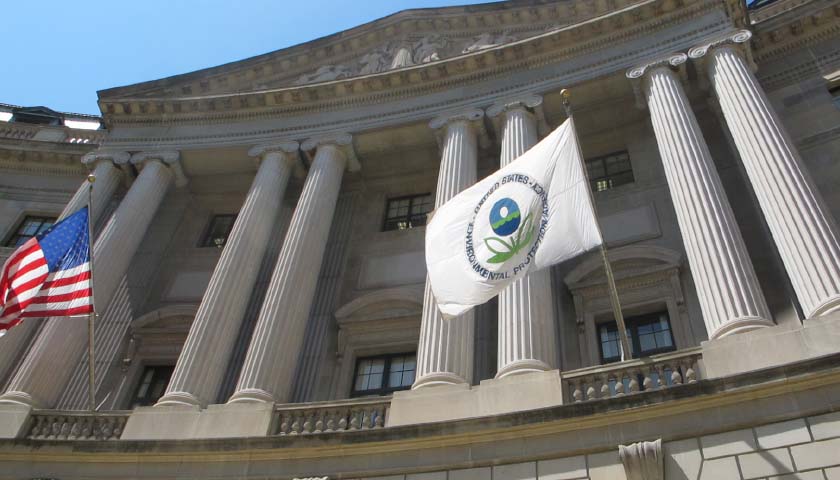Few things have escaped environmentalists’ scorn, and even cows have not been exempt from blame for climate change. Emissions from livestock production have become an increasing focus of efforts to fight climate change. The United Nation’s Food and Agriculture Organization estimates that 11.1% of emissions worldwide come from livestock production, and the organization released a report last year urging Americans to eat less meat. If people aren’t eating meat, the argument goes, then fewer cows are produced. If there’s fewer cows, there’s less emissions.
However, research by pro-agribuisness outfits Alltech and Archbold suggests that the thinking on reducing emissions at the source is missing a bigger picture on cattles’ relationship with the land, and possibly, by removing grazing from pastures, emissions will actually go up.
Read More


